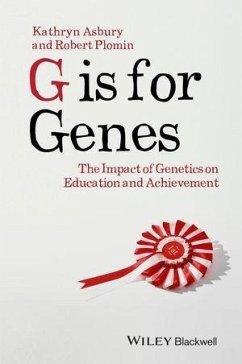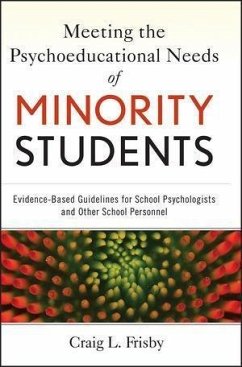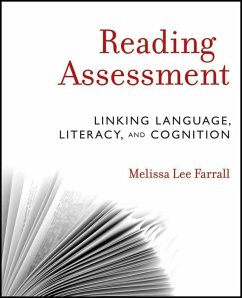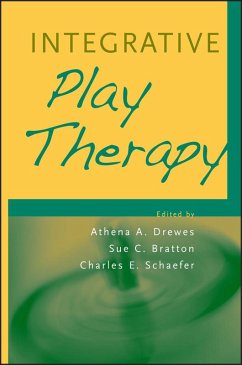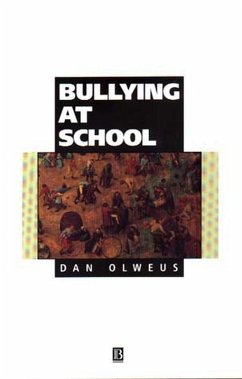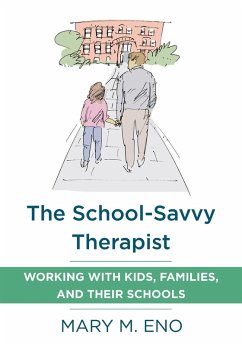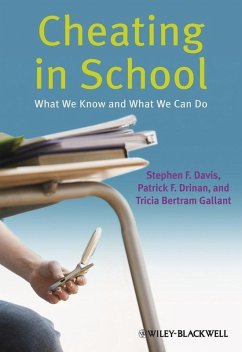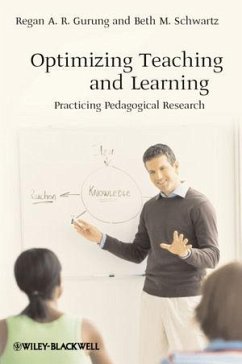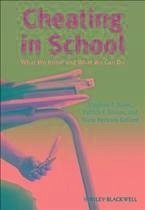
Cheating in School (eBook, ePUB)
What We Know and What We Can Do
Versandkostenfrei!
Sofort per Download lieferbar
22,99 €
inkl. MwSt.
Weitere Ausgaben:

PAYBACK Punkte
0 °P sammeln!
Cheating in School is the first book to present the research on cheating in a clear and accessible way and provide practical advice and insights for educators, school administrators, and the average lay person. Defines the problems surrounding cheating in schools and proposes solutions that can be applied in all educational settings, from elementary schools to post-secondary institutions Addresses pressing questions such as "Why shouldn't students cheat if it gets them good grades?" and "What are parents, teachers, businesses, and the government doing to unintentionally persuade today's stude...
Cheating in School is the first book to present the research on cheating in a clear and accessible way and provide practical advice and insights for educators, school administrators, and the average lay person.
- Defines the problems surrounding cheating in schools and proposes solutions that can be applied in all educational settings, from elementary schools to post-secondary institutions
- Addresses pressing questions such as "Why shouldn't students cheat if it gets them good grades?" and "What are parents, teachers, businesses, and the government doing to unintentionally persuade today's student to cheat their way through school?"
- Describes short and long term deterrents that educators can use to foster academic integrity and make honesty more profitable than cheating
- Outlines tactics and strategies for educators, administrators, school boards, and parents to advance a new movement of academic integrity instead of dishonesty
Dieser Download kann aus rechtlichen Gründen nur mit Rechnungsadresse in D ausgeliefert werden.




